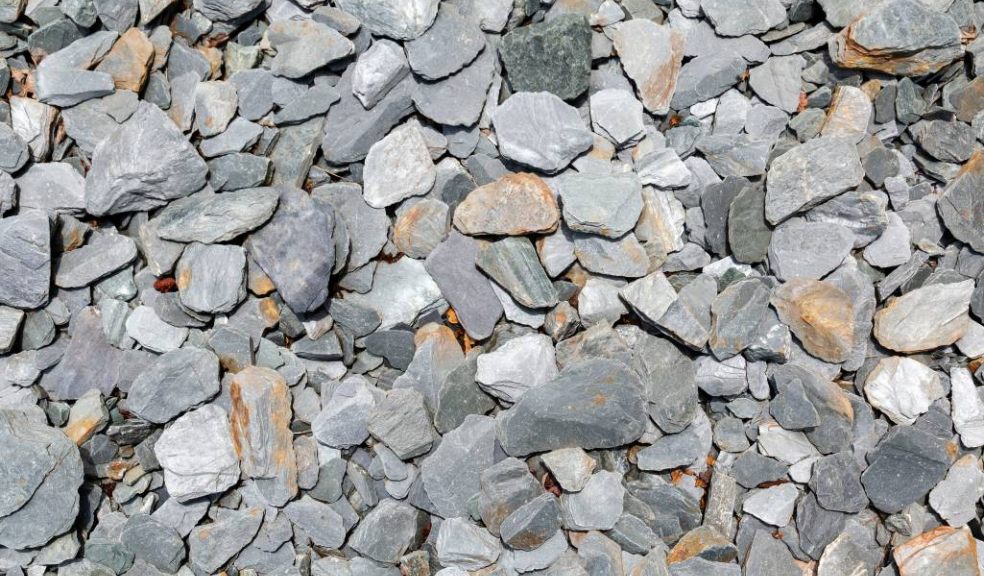
A guide to aggregates: Supply and delivery
Are you planning to renovate your house or start a large-scale construction project? If so you've probably realised that you need to invest in key materials like sand, gravel and so on. These raw materials are what we call construction aggregates, and if you want to buy them in bulk you need to get them from an aggregate supplier.
However, before you go out of your way to look for the best aggregate suppliers Essex has to offer you need to understand what to expect from them. Today we will quickly cover the main materials they provide, as well as some information about how their business works, all so that you can find the perfect supplier for your needs.
Common aggregates and their uses
While there's no end to the materials that can be used in construction, we will list the most common and popular ones for now:
- Limestone
- Sand
- Topsoil
- Ballast
- Bark
- Slag
- Recycled Concrete
The most common use for the above is as an ingredient in the elaboration of concrete. Depending on the chosen aggregate up to 75% of the volume in the concrete can be replaced with aggregate. This not only lowers the costs of using concrete as a whole, but it helps with its quality. Cement with mixed aggregates is more compact, holds heat bettern and is more water-resistant. The specific finish and look will also vary based on the chosen aggregate which can add to the visual appeal. You can check here for different types of aggregates.
Aggregate can also be used all on its own for both functional and decoration purposes, are great as to fill material and can be useful in erosion and water filtration projects. Lastly, certain aggregates have found a place in some decorative projects, for instance wood bark, is occasionally used in parks to divide areas and make patterns while remaining soft enough for young children; while mineral aggregates are often found in elaborate rock gardens to provide an integral look.
Things to look for in an aggregate supplier
It might sound obvious but the main thing you should look for in a supplier is clear and abundant information. At their core aggregate materials are not very expensive, but their quality and making do matter in the long run. Look for suppliers that have ample information on each material they are selling, as well as its condition.
Another thing to consider based on the bulk of your needs is the quantity they are willing to sell. Some suppliers are okay with almost any quantity being sold, while others have minimum order sizes but make up for it on the cost. Do you only need a few handfuls? Would you be able to find a use for the remaining aggregate? Maybe the company renovating your house could use some?
Outside of that, it's the same thought pattern that goes into choosing any other business. Find out if the reviews are good, look into shipping or pick-up prices, and compare prices. If you keep all of the above in mind it won't be long before you find the best suppliers Essex has to offer.













